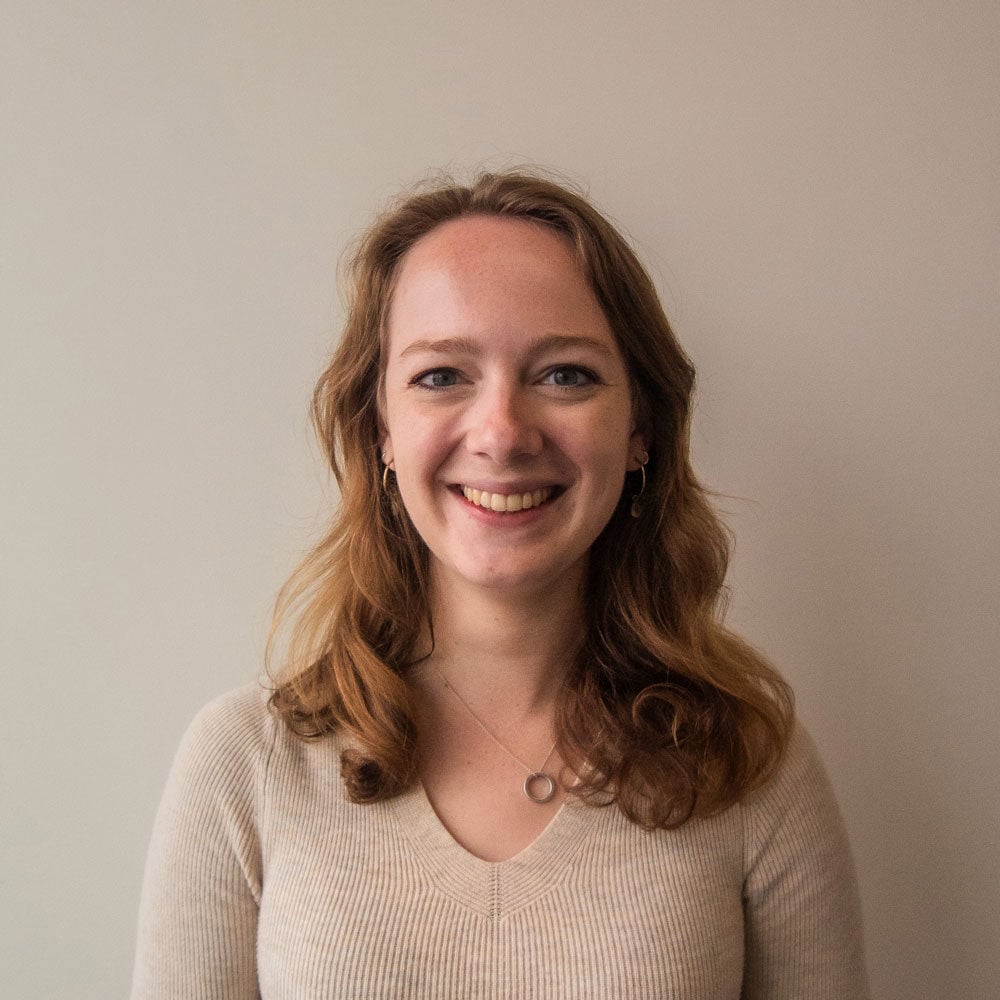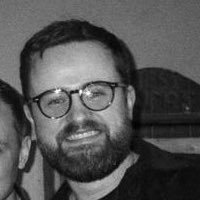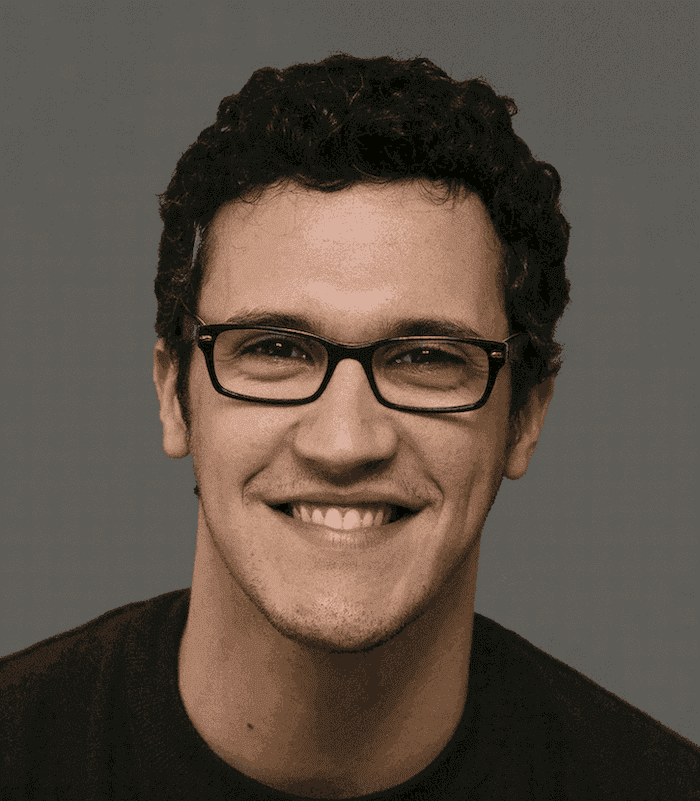Meet Örn Almarsson, CEO and Co-Founder at Axelyf, an Icelandic American preclinical stage biotechnology company. Together with his team, he develops medicines for inflammatory and autoimmune conditions, with a focus on delivery technologies for RNA therapeutics.
An interview brought to you by Luci, co-author of the Synthesis newsletter. Want to keep absorbing wisdom from experienced folk in drug discovery?Get the "Synthesis" (read: shorter) version delivered to your inbox every other week, or subscribe on LinkedIn.
Why did you get into drug discovery?
I was always interested in how drugs work, how to make them better, and how to make them safer. Though originally, I did my PhD in organic chemistry. Really, I’m a development person who has been fortunate to live at the interface of discovery and drug development, and become deeply involved in product generation to help patients and the world.
My path to pharma/biotech started soon after I finished my PhD and postdoc, when I took on an interface role between discovery and development at Merck. There, I got to take the chemistry forward—to make new molecules and materials, and turn them into medicine. It was a really fun place to be, and it’s good to know you’re making a difference, catalyzing translation in clinical programs. Now, fast-forward to my work at Axelyf, I get to work on my own discoveries, and push them forward.
What does a typical day look like for you?
The exciting thing is, there’s no “typical” day. When you start a company, and it’s small, you have to be ready to do everything and anything. Most days involve talking to my team, collaborators, and investors, plus working on any number of things. There’s no real time off. It’s a bit like having a baby.
In your view, what are the most pressing challenges in drug discovery?
Scientifically, drug discovery is difficult and despite the confluence of new biology and AI/ML approaches coming to help solve problems, there are a number of challenges remaining.
I think that beyond what small-molecule drugs do to treat neurological and psychiatric diseases, the brain is where we need the most improvement. Although there are a few antibodies and RNA antisense drugs now in this arena, the broad field of biologics and newer RNA technologies aren’t working yet in neurological diseases. I hope to see such breakthroughs in the coming years.
Genetic diseases are also becoming addressable faster and more efficiently than ever before. I’m optimistic that various gene editing approaches will reach proof-of-concept in the clinic, helping to treat difficult diseases with clear genetic mechanism rationale.
Finally, there’s some really important work that we need to do in cancer, autoimmunity, and inflammation. In many cases, lipid nanoparticles used to deliver RNA tend to be inflammatory. This is problematic when you’re using them to deliver drugs for treating inflammation and autoimmune diseases. That’s what my company is working on.
What skills should all drug discovery researchers be developing?
I’d focus on staying curious, and being open to noticing things, and developing a sense of pattern recognition. Recognizing patterns isn’t an easy skill to teach and it involves being able to study lots of information over time. Look out for chances to hone it, or find people who think like that and learn from them.
Related to that, I always advise people to network early and often. Don’t wait until you need a network to start building one. Never be intimidated or deterred from trying to connect.
Tell me about a recent project that excited you.
We’re collaborating on a project with a chemistry team at a university in Ireland, where we’re doing surface modifications of lipid nanoparticles, to try and direct them away from the liver and into other tissues. I think it’s going to be the future for enabling RNA in areas like neuroscience. I’m very excited about it.
What’s a key thing you’ve learned from success (or failure)?
Success teaches you less than failure. I think that's an important message you hear from a lot of people. Depending on your outlook, failure can either be very depressing or a learning moment. And I always prefer the latter. Because in this field, as in life, adaptability is everything. You have to expect the unexpected and embrace change.
Any top tips for helping scientists adopt new technologies?
These days, it’s important to find uses for some form of AI, such as ChatGPT. It’s becoming so good at helping you pick up new information. If you use it wisely, with critical thinking, so much is possible. Still, I’d also recommend talking to experts, and referring back to your network, so you can speak to people who can help you critique and explore things.
Who’s helped you most in your career?
Colin Gardner, who led Merck’s pharmaceutical R&D for 2 decades in the 1980s and 1990s before joining biotech in 2001. He remains a trusted confidant, advisor, and friend.
He turned 80 at the beginning of March, so a few of us fortunate mentees organized a digital greeting card for him signed by many of his long-time colleagues. It’s very important to celebrate your mentors. They helped you without needing to do it. They made that investment selflessly, and we who have this fortune should pay it forward.
What’s a book, paper, or article you’d recommend?
Three recently published books that I really enjoyed and recommend are:
- Revenge of the Tipping Point by Malcolm Gladwell
- The Catalyst: How to Change Anyone’s Mind by Jonah Berger
-
The Catalyst: RNA and the Quest to Unlock Life's Deepest Secrets by Tom Cech
For those who are interested in the new RNA revolution in medicine, the book by prof. Cech is a must-read.
Lucia Dunajová, PhD
Luci is a Senior Research Scientist at Synthace and co-author of the Synthesis newsletter. Luci has a PhD in Biomedical Sciences from the University of Nottingham. Prior to joining Synthace, Luci was a Senior Scientist at OXGENE, where she led engineering of mammalian cell lines for lentiviral production.



